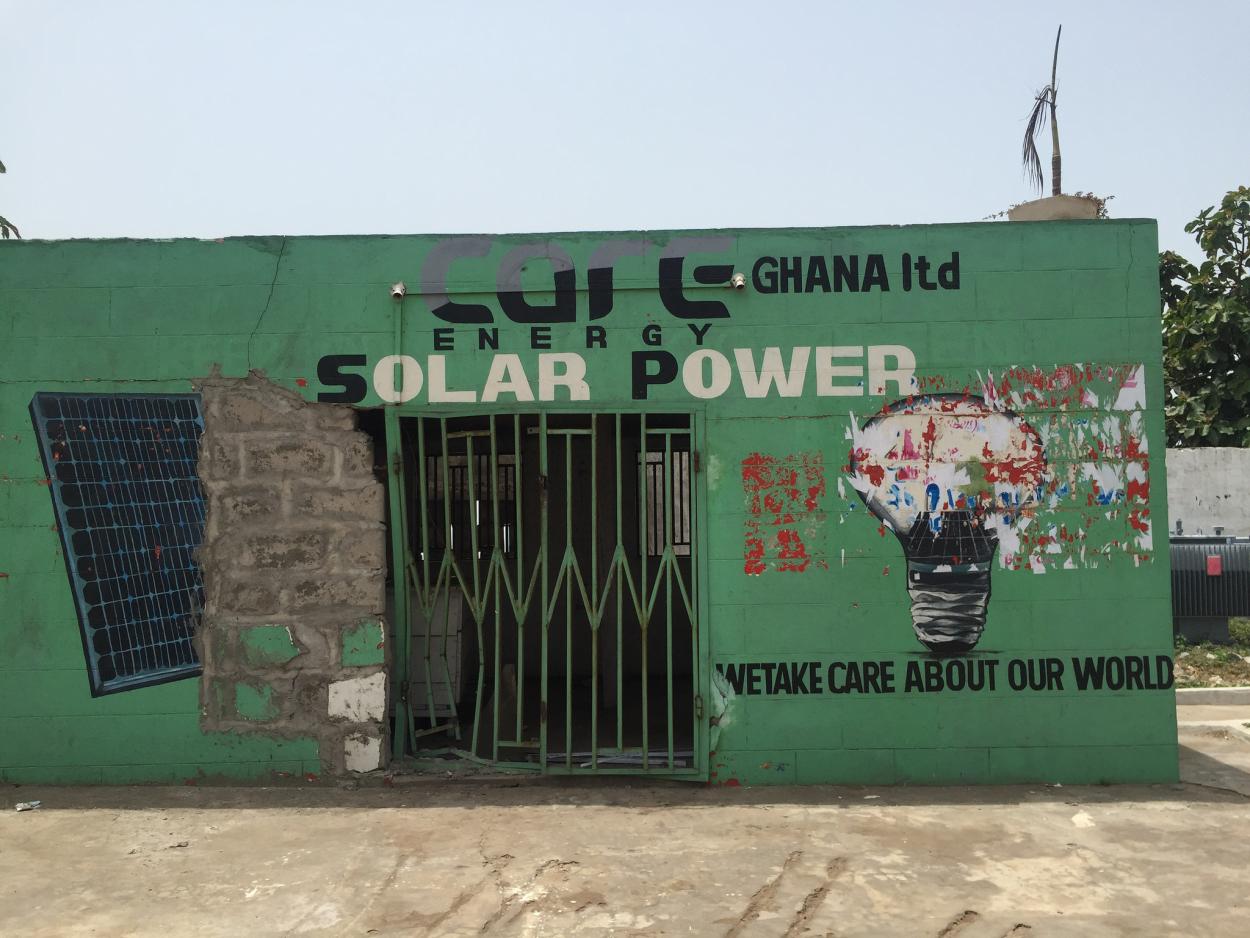C1 - Fragile Cities, Resilient Futures

Fragile Cities, Resilient Futures: Systems Thinking for Regional Decision-making
This workshop will introduce conference participants to a range of initiatives at the city-regional scale across environmental and governance contexts that employ collaborative, systems-based approaches applied to “on-the-ground” interventions and solutions. These include:
- Approaches and tools to assess and visualize city fragility and resilience at the city-regional scale;
- Systems thinking and integrated modelling, as applied to: the water-energy-food nexus (Greater Accra); regional water security (New South Wales); visualizing infrastructure interdependencies, including green infrastructure, with the energy-water-waste nexus (China).
- Examples of effective translation of climate-risk analysis into action by municipal officials with free-at-use, open-data approaches and visualization-communications tools for different types of stakeholders (e.g., vulnerable communities, urban decision makers, policy makers);
- Applications of community engagement and community mapping tactics to improve approaches and mobilize informed action.
Format - Following four presentations on the above case studies (Part A), breakout discussion groups (Part B) will allow participants to identify strategic priorities in their own geographical and institutional contexts and to co-draft an ‘Urban Risk Collaboration Framework’ around their table's theme.
Key objectives - An objective is to help bridge the gap between data collection, knowledge sharing, institutional learning, multi-hazard/risk forecasting and enhanced-scenario planning on the one hand, with real-world decision making and behavioral change at the city-regional scale on the other. Related to this objective are the needs for decision makers to improve data literacy, to support and embrace appropriate open-data policies (which can provide numerous developmental and societal co-benefits), and to build their capacity to apply risk-informed, integrated approaches in multi-jurisdictional and other complex governance settings.
A further goal is to explore some of the legitimate challenges and tensions involved in ensuring that a full range of urban stakeholders, including vulnerable communities, have access to timely and actionable extreme-risk data from non-urban actors or data providers (such as national Hydromet services, which are currently struggling to penetrate the subnational and municipal spaces effectively, especially in the Global South).
Conveners & Chairs
- Jessica Scott
- Andrew Simmons
Speakers (Part A)
- John de Boer
- Peter Head & Koen van Dam
- Mark Harvey
- Heather Leson
Discussion-Group Moderators (Part B)
- Ida Haisma & John de Boer (theme 1: Developing models to assess converging risks at the city level);
- Stephen Passmore & Koen van Dam (theme 2: Introduction to systems thinking and agent-based models);
- Scott Williams & Mark Harvey (theme 3: Collaborative approaches to using open data and a knowledge-exchange discussion about communicating multi-hazards, including climate risks, to different types of stakeholders; discussion to be framed by an introduction to the UN's new Global Risk Assessment Framework (GRAF) for implementation of the Sendai Framework);
- Guilherme Johnston & Heather Leson (theme 4: Community-policy engagement, civic-tech collaboration and innovation).
Picture credit: Kason Tester/Guerilla


